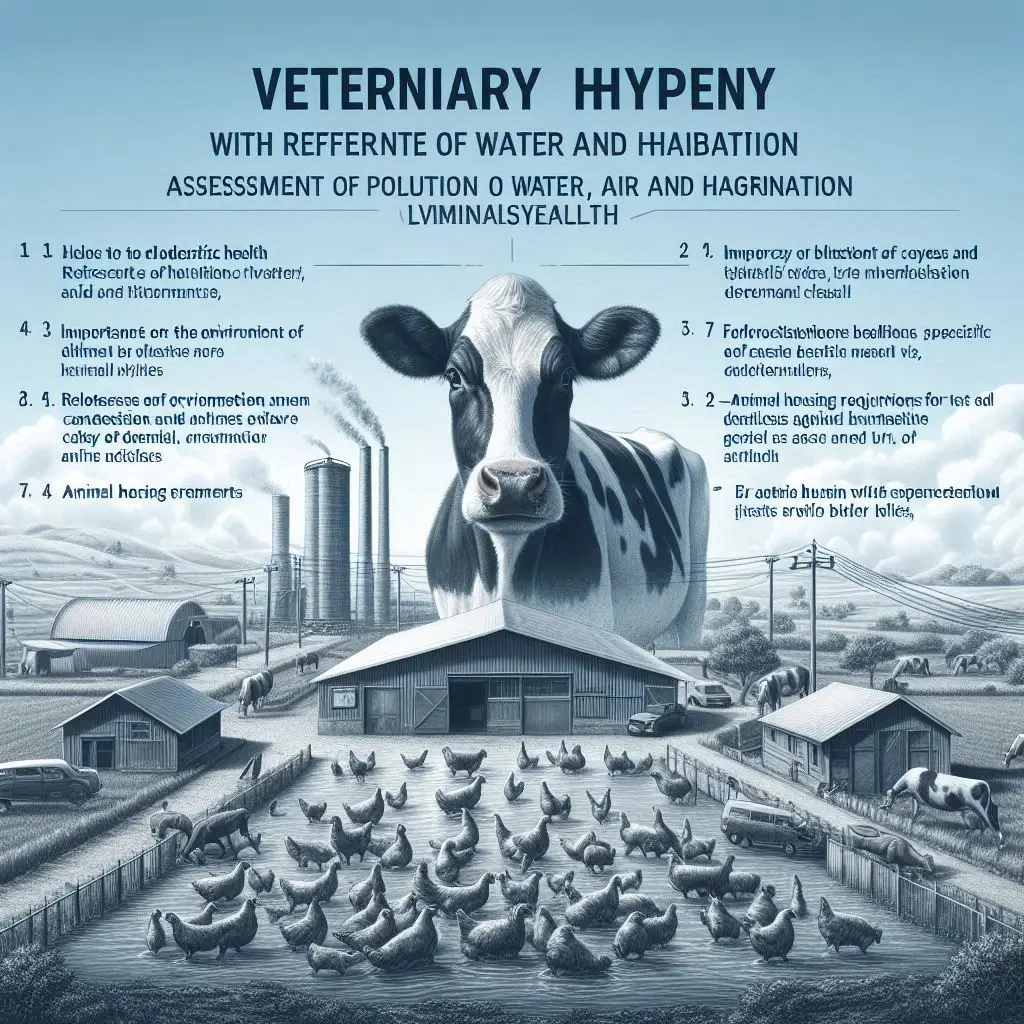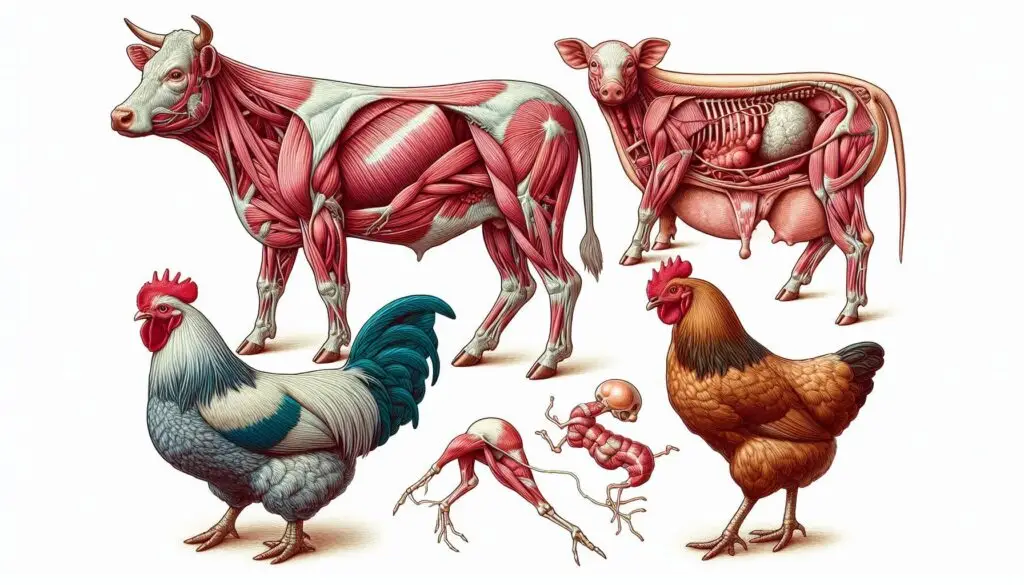The Profound Impact of Climate Change on Animal Health

Climate change is one of the most pressing issues facing our planet today, with far-reaching consequences for both human and animal health. As global temperatures rise and weather patterns become more erratic, the health and well-being of animals are being profoundly impacted. In this comprehensive article, we will explore the direct and indirect effects of climate change on animal health, as well as strategies for adaptation and mitigation.
Direct Effects of Climate Change on Animal Health
Climate change has a direct impact on animal health through changes in environmental conditions such as air temperature, relative humidity, precipitation, and the frequency and intensity of extreme weather events. These changes can lead to a variety of health issues for animals, including heat stress, metabolic disruptions, and increased susceptibility to diseases.
Heat Stress
One of the most significant direct effects of climate change on animal health is heat stress. As temperatures rise and heat waves become more frequent and intense, animals are increasingly exposed to conditions that can be detrimental to their health. Heat stress can cause metabolic alterations, oxidative stress, and immune suppression in animals, leading to increased disease susceptibility and even death.
Metabolic Disruption
Climate change can also affect the endocrine system and metabolic functions of animals, impacting their growth performance, reproductive health, and overall health status. Changes in climate can lead to alterations in glucose, protein, and lipid metabolism, which are critical for maintaining animal health.
Disease Incidence
Another direct effect of climate change on animal health is the increased incidence of diseases. Climate change is linked to the emergence and re-emergence of both vector-borne and non-vector-borne diseases. The distribution and life cycles of pathogens are heavily influenced by climate conditions, which can lead to increased disease prevalence in animal populations.
Indirect Effects of Climate Change on Animal Health
In addition to the direct effects, climate change can also indirectly impact animal health through changes in environmental conditions, vector ecology, and food security.
Environmental Conditions
Variations in precipitation, humidity, and extreme weather events can indirectly affect animal health by altering the availability of resources such as water and forage. This can lead to nutritional deficiencies and increased stress on animals, further compromising their health.
Vector Ecology
Climate change can modify the habitats and populations of disease vectors (such as mosquitoes and ticks), leading to shifts in disease dynamics. This can result in new disease threats for animals, as vectors expand into previously unaffected areas.
Food Security
Changes in climate can impact food production systems, leading to shortages in animal feed and water availability. This can exacerbate stress on animals, leading to poorer health outcomes and reduced productivity.
Adaptation Strategies
To mitigate the impacts of climate change on animal health, several adaptation strategies can be implemented:
- Research and Development: Investing in climate-resilient animal technologies and practices can help adapt animal production systems to changing environmental conditions
. Improved Management Practices: Implementing better farm management practices, including biosecurity measures and herd health management, can enhance the resilience of animals against climate-related challenges. Disease Surveillance: Developing methodologies to link climate data with animal disease surveillance can improve early detection and response to emerging health threats. Habitat Conservation: Protecting and restoring natural habitats can help mitigate the effects of climate change on animal populations and support their resilience. Breeding for Resilience: Selecting for animals with traits that confer resistance to heat stress and disease can help build more resilient population
Conclusion
Climate change poses a significant threat to animal health, with far-reaching consequences for ecosystems, livelihoods, and species survival. By understanding the direct and indirect effects of climate change on animal health and implementing adaptation strategies, we can work to mitigate these impacts and protect the health and well-being of animals worldwide. It is crucial that we take action now to address the challenges posed by climate change and ensure a sustainable future for all species on our planet.
For more pearls of Vets Wisdom:
https://wiseias.com/partitioning-of-food-energy-within-animals/




Responses